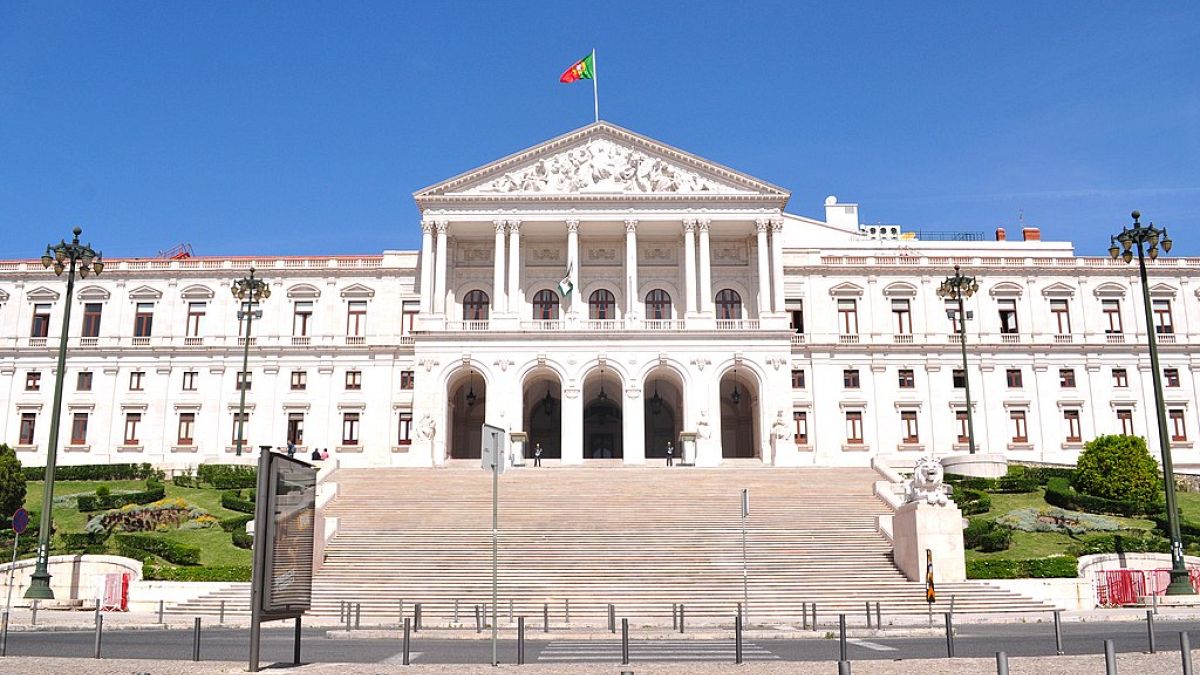Nearly half of Māori, Pacific and Asian psychologists and interns surveyed in a new report experienced racism at work in the past 12 months.
New research from the University of Waikato and Working to End Racism and Oppression (WERO) “highlights psychology’s failings to provide a culturally safe environment” for psychologists, academic staff, and students.
The Kia Whakapapa Pounamu Survey – which had 293 participants and was conducted from March 25 to June 30, 2023 – surveyed psychologists, academic staff, and students about how racism manifests in different areas of psychology.
Researcher Dr Kyle Tan (Malaysian Chinese) said the study doesn’t reveal something “new”, and stems from the racism in psychology that Māori psychologists have been calling attention to for at least four decades.
A Whiter Shade of Pale, a 1987 paper published by Max Abbott and Mason Durie, outlined evidence of monocultural (Eurocentric) dominance within psychologist training programmes.
According to the new report, Dr Michelle Levy lodged a Waitangi Tribunal claim in 2018 documenting multiple Te Tiriti breaches within the psychology discipline’s employment, training, and regulation.
Eurocentric psychology ‘very dominant’
The Waikato University and WERO report found 75% of those surveyed expressed concern about Eurocentric psychology and nearly 90% thought their worldviews were never or only sometimes reflected in training.
“Western psychology, Western knowledge, is very dominant [in] every aspect of psychology,” Tan said.
“Historically, [the] psychology model in Aotearoa, we imported it from the British and the reason why it’s so hard to change psychology… because psychologists have the tendency to think it’s neutral [and] it’s objective.
“It tells Māori and Asian people to not think about our culture because when we start thinking about culture, it’s biased.”
He said the students or psychologists who have taken part in the survey said that if they bring up culture in class or their practice, or try to build relationships with clients, their lecturers or supervisors would tell them to stop because it’s a form of bias.
The discipline needs to start viewing Pākehā as a culture, Tan said, so it could be seen as one way of doing psychology, instead of being the only way.
“Once we start to unpack that, I think everyone has a chance to survive in psychology.”
Asians more likely to experience sexual harassment

Asian psychologists and interns were found more likely to experience sexual harassment in the past year (19%), and they were more likely to experience microaggressions due to racism (64%), the way they dress or their appearance (43%), or accent or language spoken (36%).
Registered psychologist Sehar Moughal, who works primarily with South Asian communities, said she’s not surprised by these findings.
Moughal, 35, is originally from Pakistan and has been in Aotearoa for more than two decades.
She said wearing jewellery is part of her culture, and people tend to focus on her appearance in meetings and other professional settings.
“There’s the underlying assumption of being exotic, being hypersexualised… We have to prove and work really hard to say that we are psychologists,” she said.
“The number of times people have been surprised when I’ve introduced myself and then that’s normally followed by a sexual joke about therapy.”
‘You’re so sexy as a psychologist’, ‘You’re so hot’, and ‘What sort of therapy services do you provide?’ are some of the comments Moughal said she’s heard from some psychologists and professionals.
She said those comments undermine her and her knowledge, and she has to work hard to re-establish her expertise and authority as a psychologist.
“As a migrant brown Asian woman, I am wary to complain about unwanted remarks or behaviours directed towards me. I think about the potential consequences of going through the process.
“Would it hurt me more?”
‘Systemic barriers’ for Māori entering workforce

Māori were more likely (81%) to witness racism in the past year and scored significantly higher on the microaggression scale due to racism (76%), as well as the way of dressing or appearance (35%).
Pikihuia Pomare (Te Rarawa, Ngāpuhi, Ngāi Te Rangi, Ngāti Pūkenga) is an associate professor in Kaupapa Māori Psychology at Massey University and said she wasn’t surprised about the findings.
“The report mirrors my own experiences and the experiences of some of my Māori, Pacific, Asian colleagues,” she said.
Pomare, who is also a clinical psychologist, said Māori experience disproportionate levels of mental health due to a range of factors, so there’s a higher need.
But only 6% of New Zealand registered psychologists are Māori, she said, which doesn’t reflect the 2023 Census, which shows Māori now make up around 20% of the population.
“Even if our population has gone up, there’s obviously some systemic barriers there that are in the way of more Māori clinical psychologists entering the workforce.”
Those barriers, she said, include racism, the lack of Indigenous psychology knowledge in psychology courses, and the financial barrier to studying and training as a psychologist, which could take at least seven years.
“Something quite central to our being as people is that our indigenous knowledge is central, and it’s not [about] excluding Western clinical knowledge.
“But what we have right now is the majority of the knowledge that is there doesn’t reflect Māori, so people can’t see themselves when they’re coming through.”
Addressing racism ‘should be everyone’s priority’
Pomare emphasises the need for non-Māori to take responsibility for addressing and ending racism, and that it should be everyone’s priority.
“Currently, Māori are often left with the responsibility to train our colleagues on the impact of racism and there needs to be more effort and responsibility to address racism by Pākehā,” she added.
“That is a lot of additional labour, it is tiring.”
The report reflects her sentiments, as it found Māori were more likely (78%) to experience cultural labour.
Overall, 67% of Māori, Pacific, and Asian participants received implicit or explicit demands placed on them during training to educate others about their culture.

University of Auckland psychology senior lecturer Sam Manuela (Cook Islander) said Pacific psychologists make up less than 2% of the registered psychologists in New Zealand.
According to the 2023 census, Pacific people make up nearly 9% of the population.
He said the workforce should ideally reflect our population because it is one way to ensure a good representation of people from different cultural backgrounds.
Manuela added that having more diverse educators means they can speak to the issue themselves, but it is also important to remember a single person can’t be an expert in their culture.
“It’s a collective effort to support everyone.”












